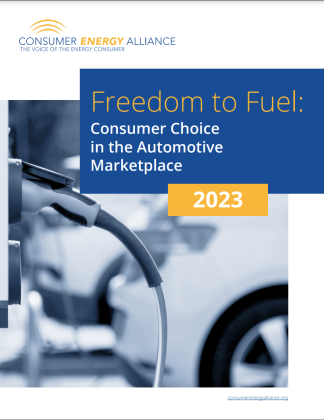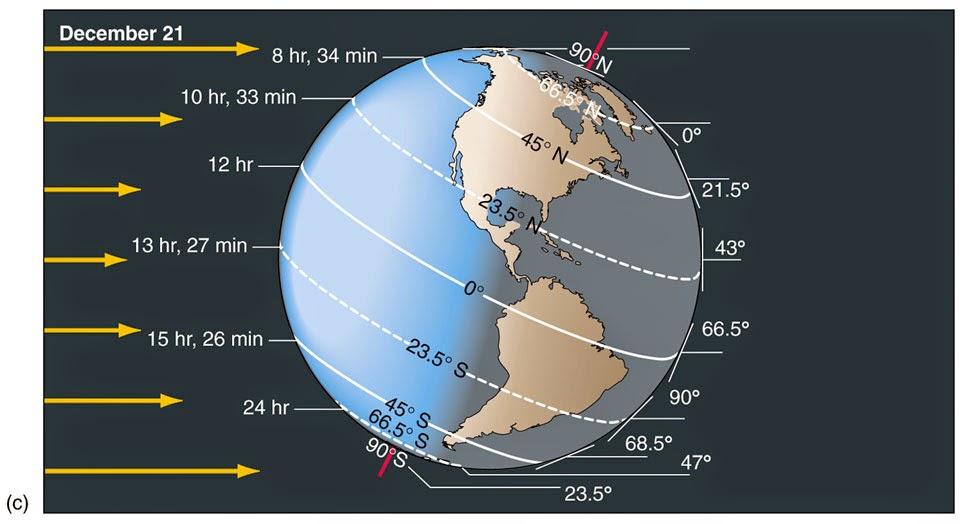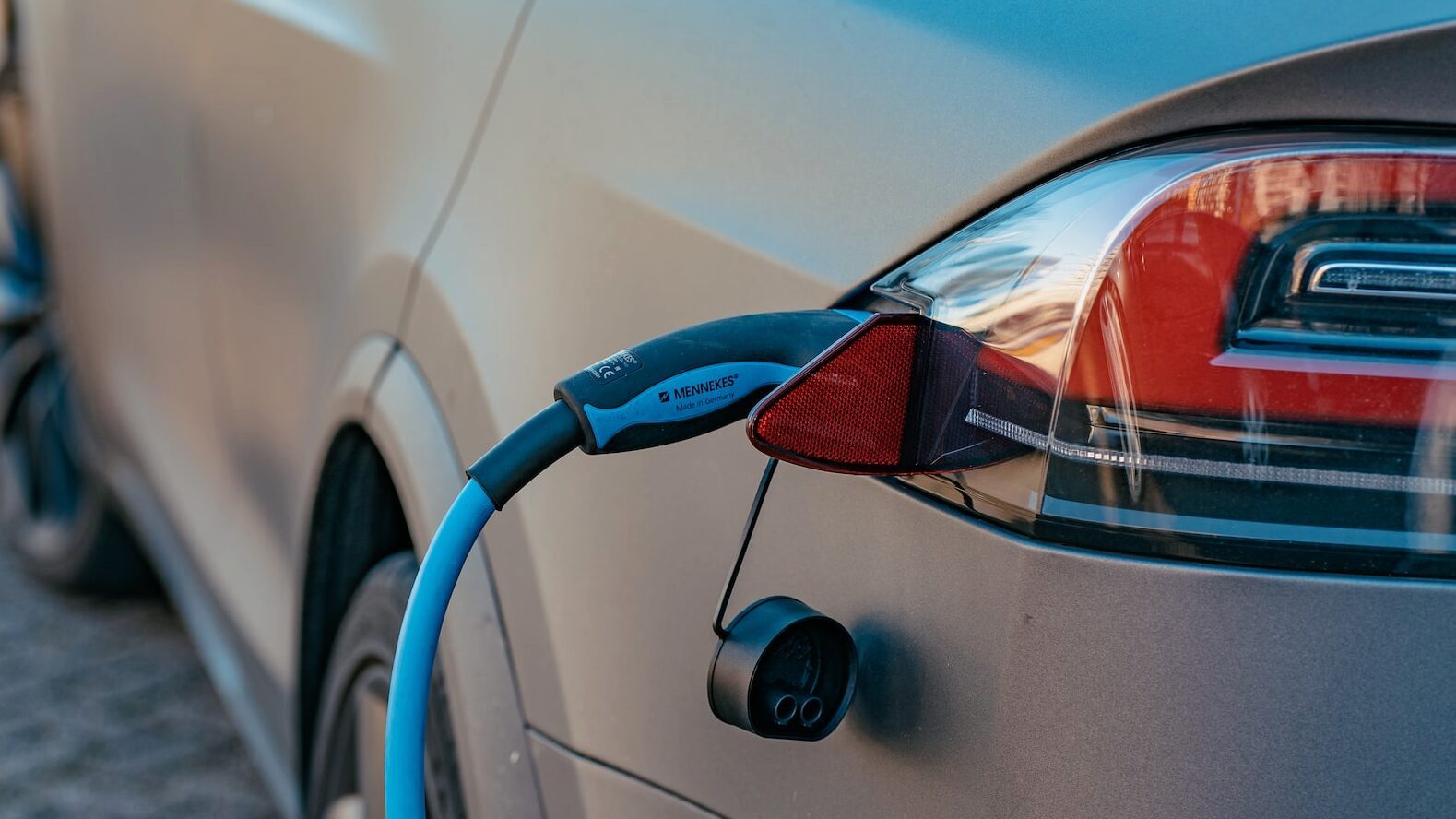The Auto Industry's Resistance To Electric Vehicle Mandates Grows

Table of Contents
Economic Concerns Fueling Opposition
The auto industry's opposition to EV mandates is significantly fueled by economic concerns. The transition to electric vehicles represents a massive undertaking with substantial financial implications.
High Upfront Costs of EV Production
Automakers argue that the shift to electric vehicles requires massive investments in new technology, manufacturing facilities, and battery production, impacting profitability. The transition isn't simply a matter of swapping out engines; it necessitates a fundamental restructuring of the entire automotive production process.
- R&D costs for EV batteries and electric powertrains are significantly higher: Developing advanced battery technology and efficient electric motors requires substantial research and development investments, far exceeding those for traditional internal combustion engines (ICE).
- Retooling existing factories to manufacture EVs is expensive: Adapting existing production lines to manufacture EVs necessitates significant capital expenditure and logistical challenges. This involves re-training staff and introducing entirely new manufacturing processes.
- The supply chain for EV components is still developing, leading to potential bottlenecks and cost increases: The current supply chain for critical EV components, such as batteries and rare earth minerals, is still developing, leading to potential bottlenecks and price fluctuations, increasing production costs.
- The current market demand doesn't justify the immediate large-scale shift: Many automakers argue that the current market demand for EVs doesn't justify the immediate massive investment required for a complete transition, especially considering the potential risks involved.
Job Losses in the ICE Sector
The transition away from internal combustion engines (ICE) threatens jobs in existing manufacturing plants and related industries, creating substantial economic anxieties.
- Layoffs in traditional auto parts manufacturing: The decline in demand for ICE vehicles will inevitably lead to job losses in the manufacturing of traditional auto parts like spark plugs, fuel injectors, and exhaust systems.
- Need for retraining and upskilling of the workforce: The shift to EVs requires a new skill set in areas like battery technology, electric powertrain maintenance, and software engineering. This demands significant investment in retraining and upskilling programs for existing employees.
- Potential regional economic downturns in areas heavily reliant on the ICE industry: Regions heavily dependent on the ICE vehicle industry face potential economic downturns if the transition isn't managed effectively, resulting in unemployment and economic hardship.
Technological Hurdles and Infrastructure Challenges
Beyond economic concerns, technological hurdles and inadequate infrastructure present significant challenges to the rapid adoption of EVs.
Battery Technology Limitations
Current battery technology faces limitations that hinder widespread EV adoption.
- Concerns about battery performance in extreme weather conditions: EV battery performance can be significantly affected by extreme temperatures, both hot and cold, impacting range and charging times.
- Limited charging infrastructure in rural and less populated areas: The lack of widespread charging infrastructure, particularly in rural areas, creates "range anxiety" – the fear of running out of battery power before reaching a charging station.
- Recycling and disposal of EV batteries pose environmental challenges: The responsible recycling and disposal of EV batteries are critical environmental concerns requiring significant investment in recycling technologies and infrastructure.
Insufficient Charging Infrastructure
The lack of a robust and reliable charging infrastructure is a major bottleneck in the transition to widespread EV adoption.
- Uneven distribution of charging stations across geographical regions: The availability of charging stations is unevenly distributed, with concentrated access in urban areas and limited availability in rural regions.
- Charging times for EVs are longer than refueling times for ICE vehicles: While charging technology is improving, charging an EV still takes significantly longer than refueling a gasoline-powered car.
- The need for significant investment in public and private charging networks: A significant investment in both public and private charging networks is necessary to alleviate range anxiety and encourage wider EV adoption.
Consumer Preferences and Market Dynamics
Consumer preferences and market dynamics also play a significant role in the auto industry's resistance to EV mandates.
Consumer Resistance to Change
Many consumers remain hesitant to adopt electric vehicles due to several factors.
- Higher purchase prices of EVs compared to gasoline-powered cars: The initial purchase price of an EV is generally higher than a comparable gasoline-powered car.
- Limited model choices for EVs compared to ICE vehicles: The range of EV models available is still significantly less diverse than the range of gasoline-powered cars.
- Consumer perception of the driving experience and performance of EVs: Some consumers have reservations about the driving experience and perceived performance of EVs compared to ICE vehicles.
Competition and Market Share
Automakers are concerned about the potential impact of government mandates on their market share and competitive advantage.
- Concerns about maintaining profitability in a rapidly changing market: The rapid shift to EVs creates uncertainty and challenges in maintaining profitability, especially for automakers with a large investment in ICE technology.
- Need for strategic partnerships and collaborations to accelerate EV development and adoption: Automakers are seeking strategic partnerships and collaborations to share the risks and costs of developing and deploying new EV technologies.
- The competitive landscape is influenced by both government policies and consumer preferences: The success of any automaker in the transition to EVs will depend on a complex interplay of government policies and shifting consumer preferences.
Conclusion
The auto industry's resistance to electric vehicle mandates stems from a complex interplay of economic, technological, and market-related factors. While the transition to electric vehicles is crucial for environmental sustainability, addressing the concerns of automakers and consumers is paramount for a successful and equitable shift. Ignoring these challenges risks slowing the necessary transition to a cleaner transportation future. Finding solutions that balance environmental goals with economic realities requires open dialogue, collaboration, and a long-term perspective. We need to find a path that fosters innovation, supports the workforce, and makes electric vehicle adoption accessible to all. Understanding the nuances of this ongoing debate surrounding electric vehicle mandates is crucial for shaping a sustainable future for the automotive industry and the planet. Let's work together to accelerate the responsible adoption of electric vehicles and mitigate the impacts of climate change.

Featured Posts
-
 Is A Place In The Sun Right For You Weighing The Pros And Cons Of Overseas Property
May 03, 2025
Is A Place In The Sun Right For You Weighing The Pros And Cons Of Overseas Property
May 03, 2025 -
 Epic Games Faces Massive Lawsuit Over Deceptive Practices
May 03, 2025
Epic Games Faces Massive Lawsuit Over Deceptive Practices
May 03, 2025 -
 Renewed Opposition To Ev Mandates From Car Dealerships
May 03, 2025
Renewed Opposition To Ev Mandates From Car Dealerships
May 03, 2025 -
 England Nations League Chloe Kelly Replaces Injured Players
May 03, 2025
England Nations League Chloe Kelly Replaces Injured Players
May 03, 2025 -
 Fortnite Chapter 6 Season 2 Release Date Time And Battle Pass Details
May 03, 2025
Fortnite Chapter 6 Season 2 Release Date Time And Battle Pass Details
May 03, 2025
